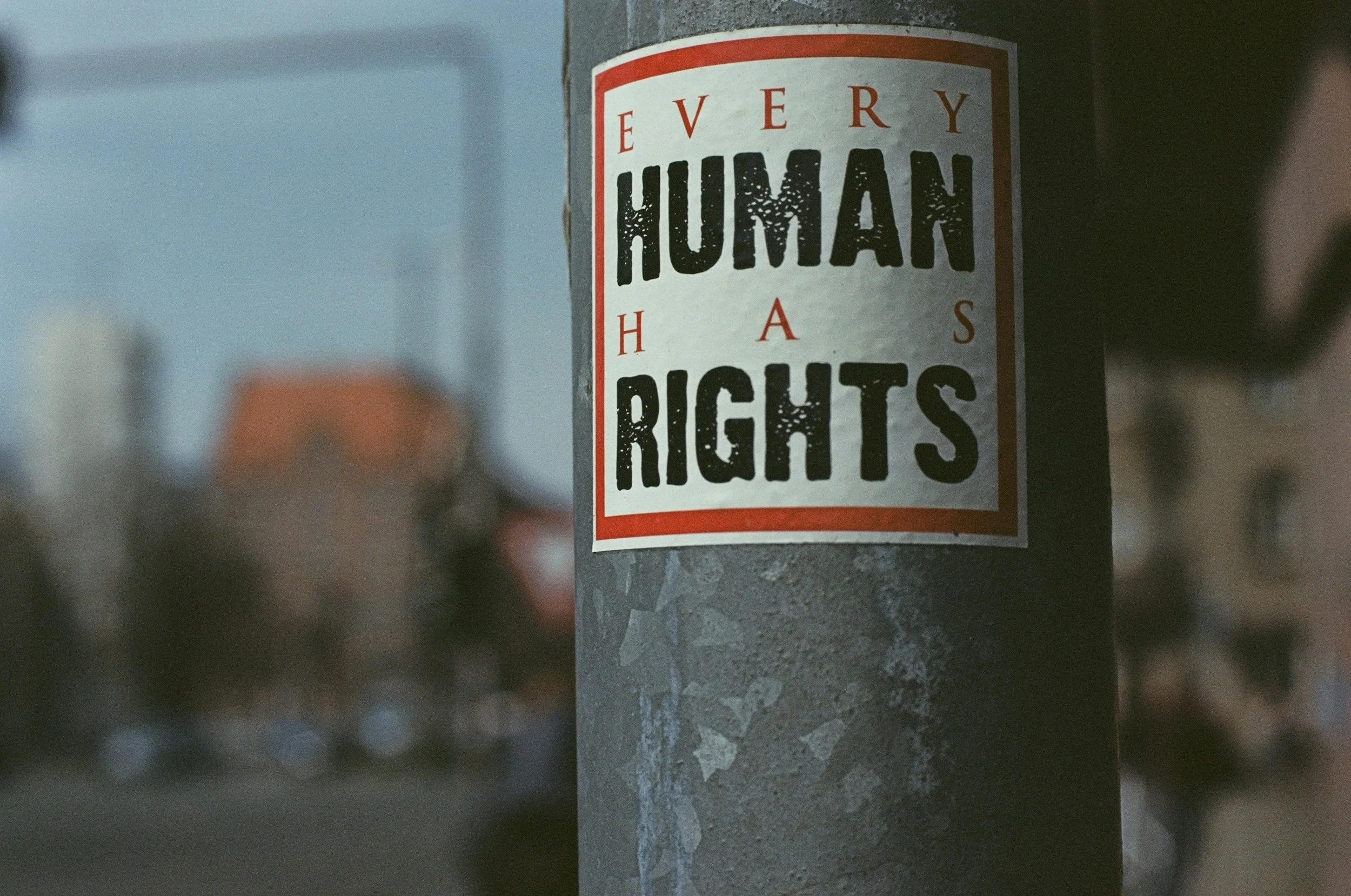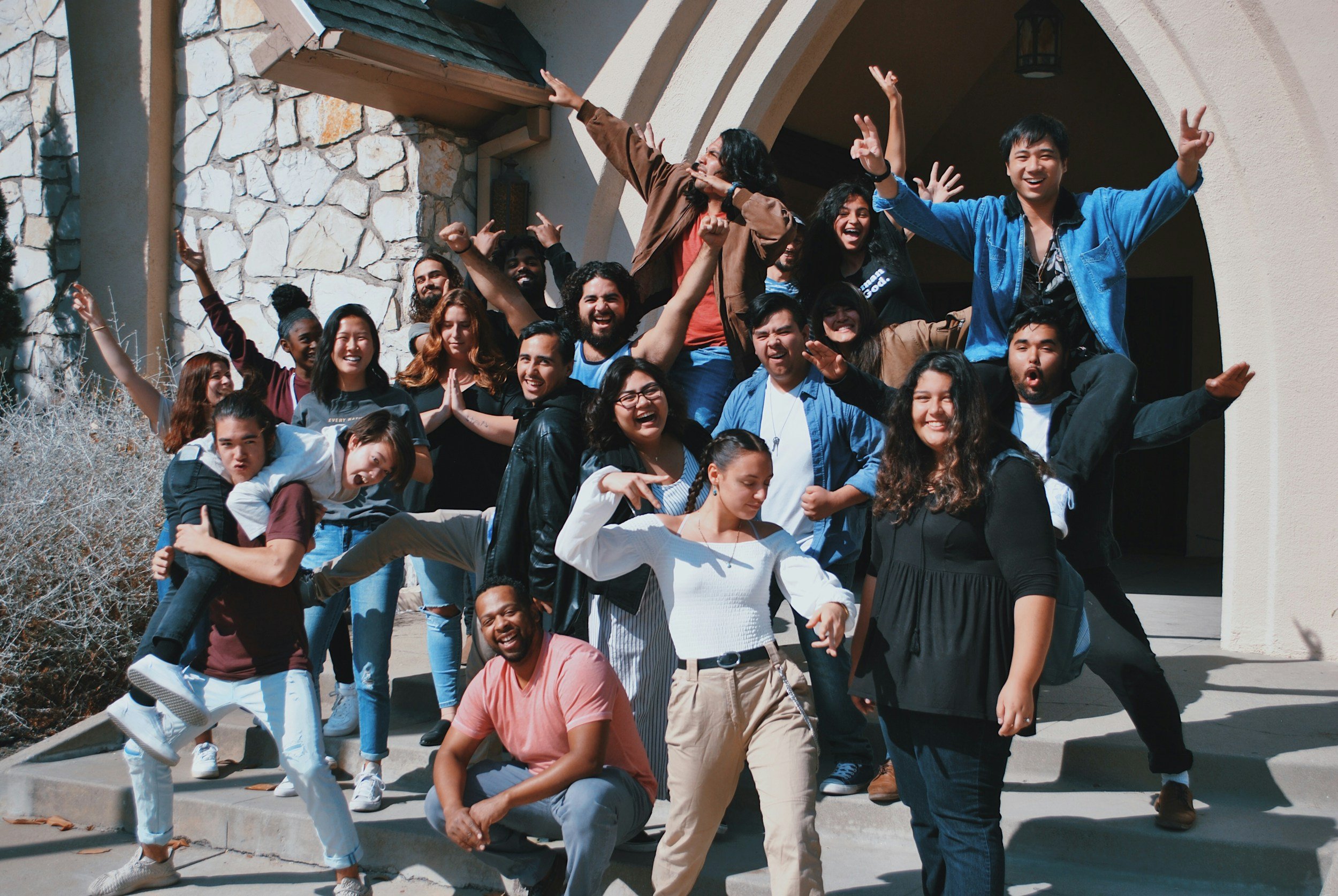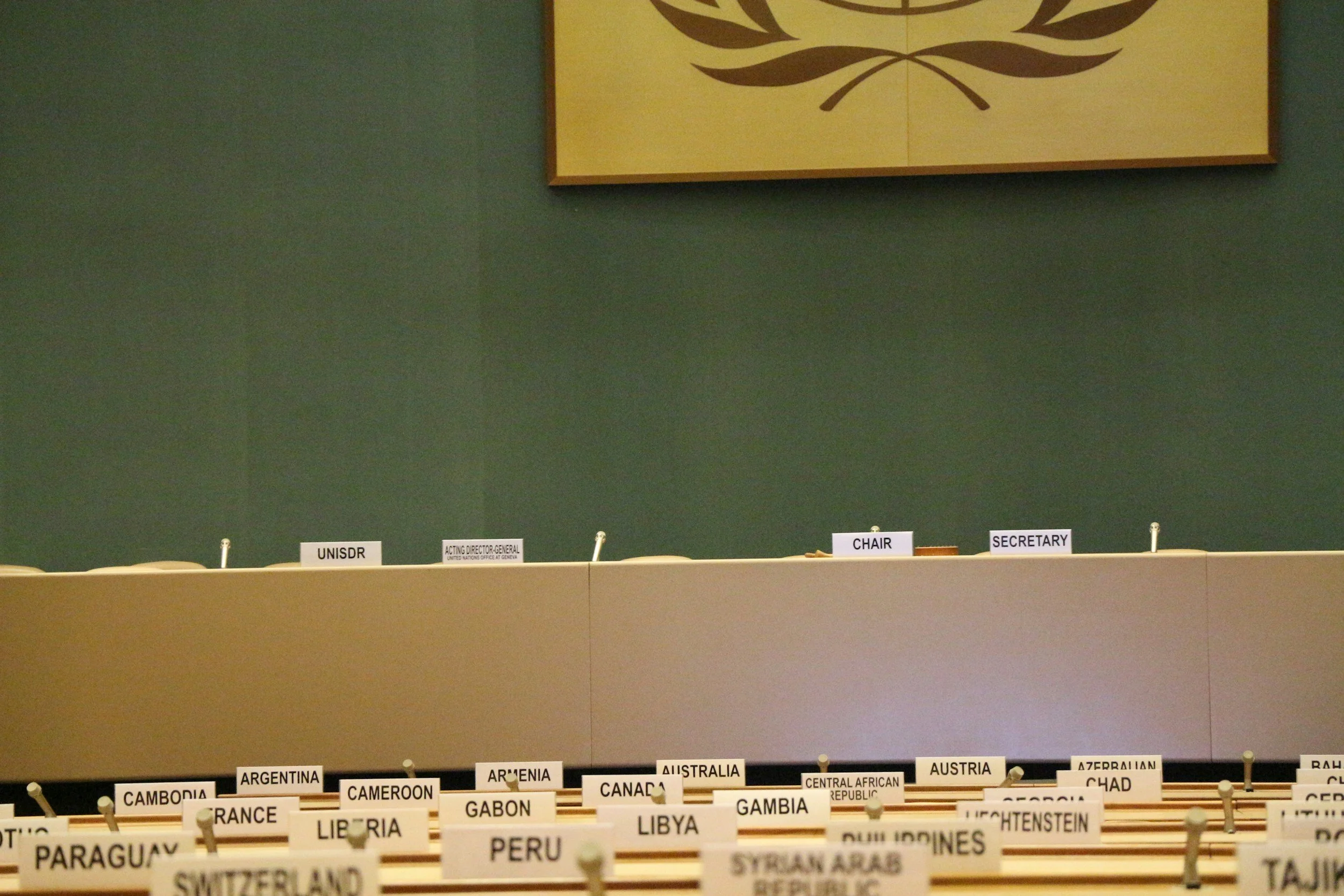
What is Peace?
Project Overview
Peace is one of the most frequently invoked yet least understood concepts in global discourse. Is peace merely the absence of war, or does it represent a deeper, more fundamental condition? This project explores the nature of peace itself—whether peace is a tangible state, a social construct, or a dynamic equilibrium that must be continually maintained.
Why It Matters
Global instability and conflict persist despite decades of peacebuilding efforts, in part because there is still no clear consensus on what “peace” actually means. Without a shared understanding, attempts to build sustainable peace are undermined by conflicting assumptions and fragmented approaches. This project aims to provide a rigorous foundation for future research and action—recognizing peace as a vital social condition for the well-being and progress of societies (and all sentient life).
Key Questions
• Is peace simply the absence of conflict, or does it require positive conditions such as justice and equity?
• Can peace be measured objectively, or is it defined by people’s subjective experiences?
• Is peace inherently fragile, or can it become a stable and self-sustaining condition?
• How do cultural, economic, and political structures shape our understanding of peace?
Get Involved
We invite researchers, practitioners, and partners to join our inquiry into the nature of peace. Whether you are interested in contributing to this interdisciplinary research, applying the insights in policy contexts, or fostering dialogue at the community level, your involvement can help redefine peace for a more just and sustainable future.
By focusing on the fundamental question “What is peace?”, we strive to uncover underlying principles that can guide effective peacebuilding and informed policy for generations to come.
“Reframing the Ontology of Peace Studies”
Anders Reagan, Peace and Conflict Studies Journal (May 2023)
This paper examines long-standing ambiguities in the concept of peace. It proposes a new framework for conceptualizing and measuring peace, aimed at helping policymakers define and assess peace more effectively. By providing a new perspective on what peace is—and is not—this research could influence how peacebuilding initiatives are designed and implemented worldwide.
Research Approach
Our approach is rooted in rigorous interdisciplinary inquiry and essentialist analysis. We have:
• Critically reviewed existing discourse: Systematically examined foundational and contemporary works to pinpoint enduring ambiguities and common themes in peace studies.
• Applied an essentialist lens: Searched for the core defining features of “peace,” arguing that its essence lies in conditions that foster the well-being and progress of sentient beings.
• Developed a measurable framework: Worked to transform peace from an abstract ideal into a quantifiable condition, with clear criteria for evaluating whether social conditions promote or impede the optimal development of communities and individuals.
Potential Impact
By elevating our understanding of peace through rigorous inquiry and standardization, we aim to:
Refine Policy and Practice:
Provide evidence-based insights that enhance the design and implementation of peacebuilding initiatives.Unify Academic Discourse:
Bridge gaps within peace studies by establishing common, measurable criteria for evaluating social conditions.Empower Communities:
Offer practical frameworks that enable local and global actors to create environments where all sentient beings can thrive.
Featured Publication
Other Projects
Insights from our studies directly inform our advocacy initiatives and educational programs, ensuring theory translates into practice.
Contact us.
For more of our research or collaboration inquiries, feel free to contact our research team.




